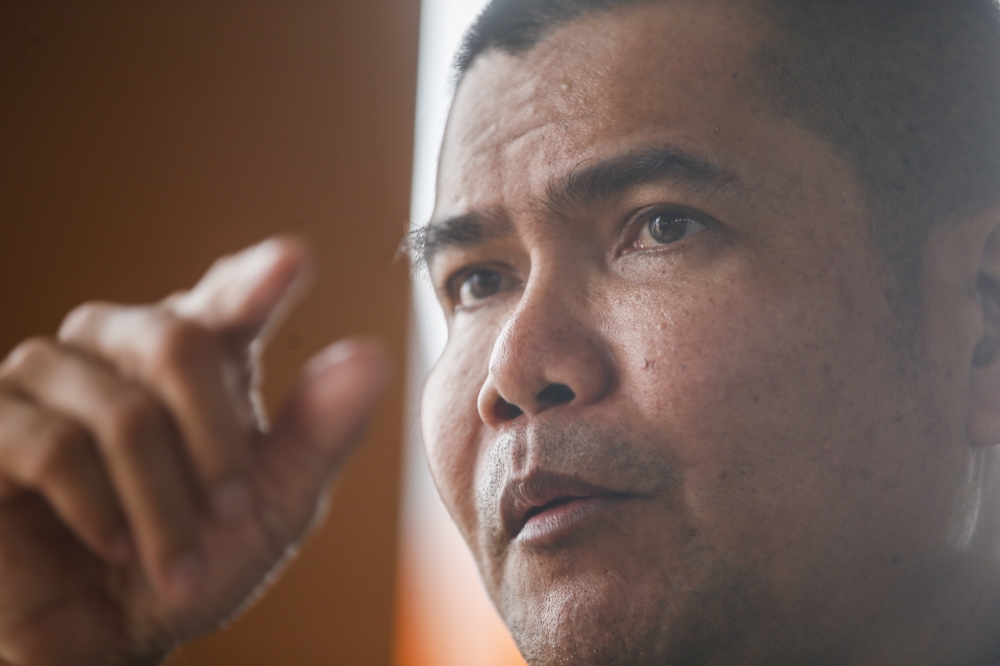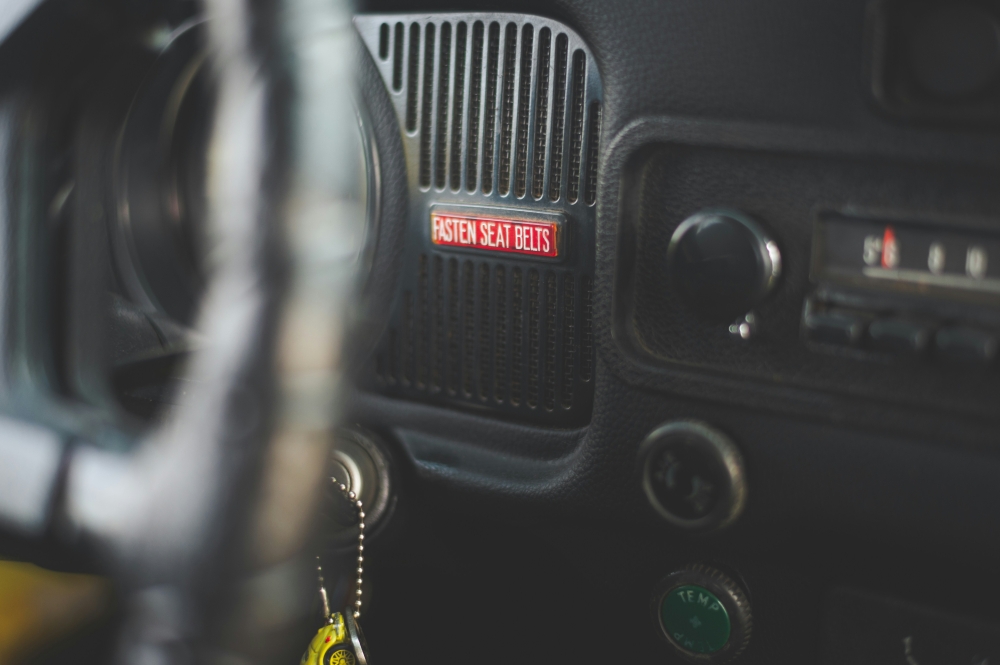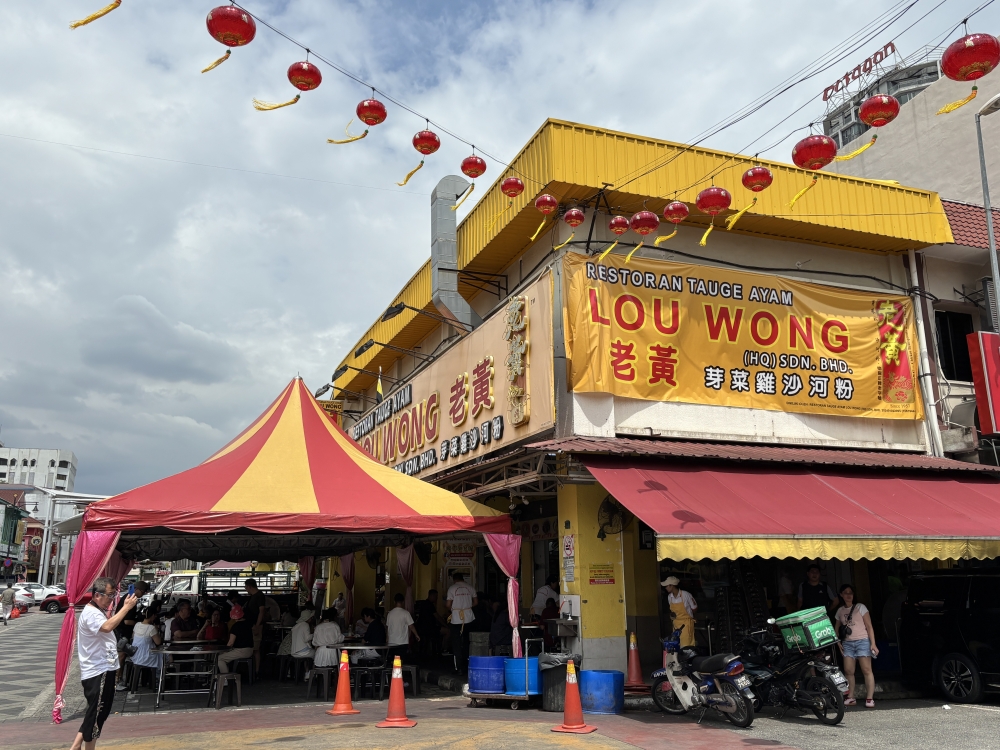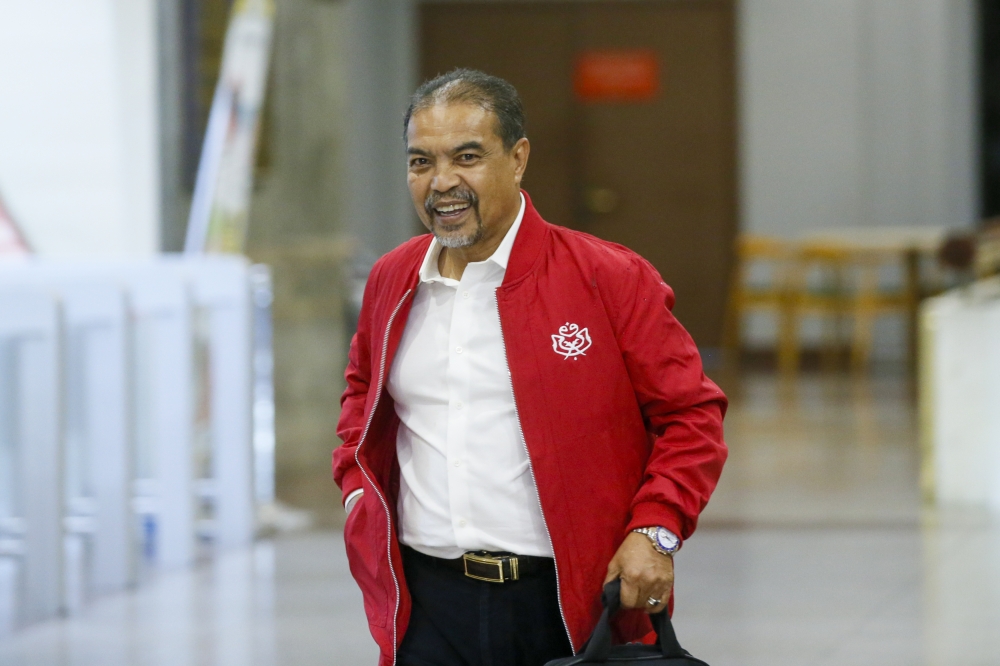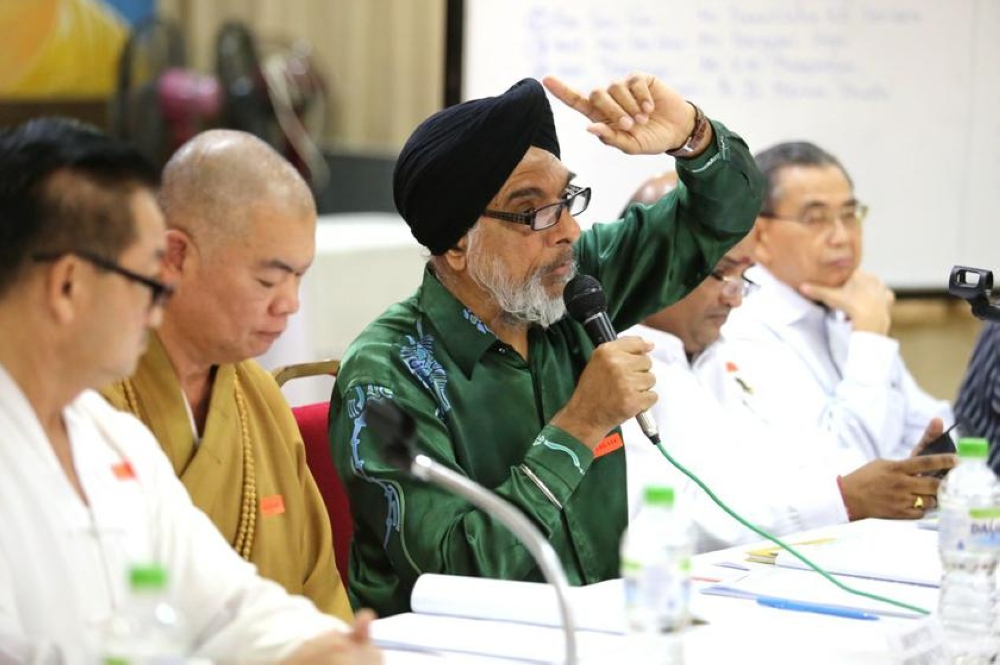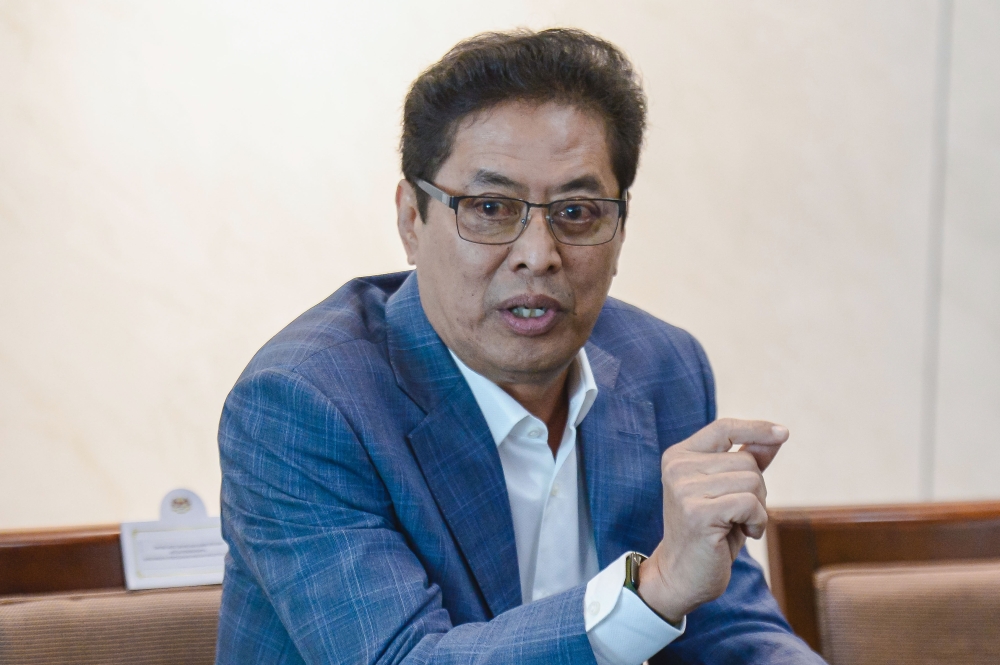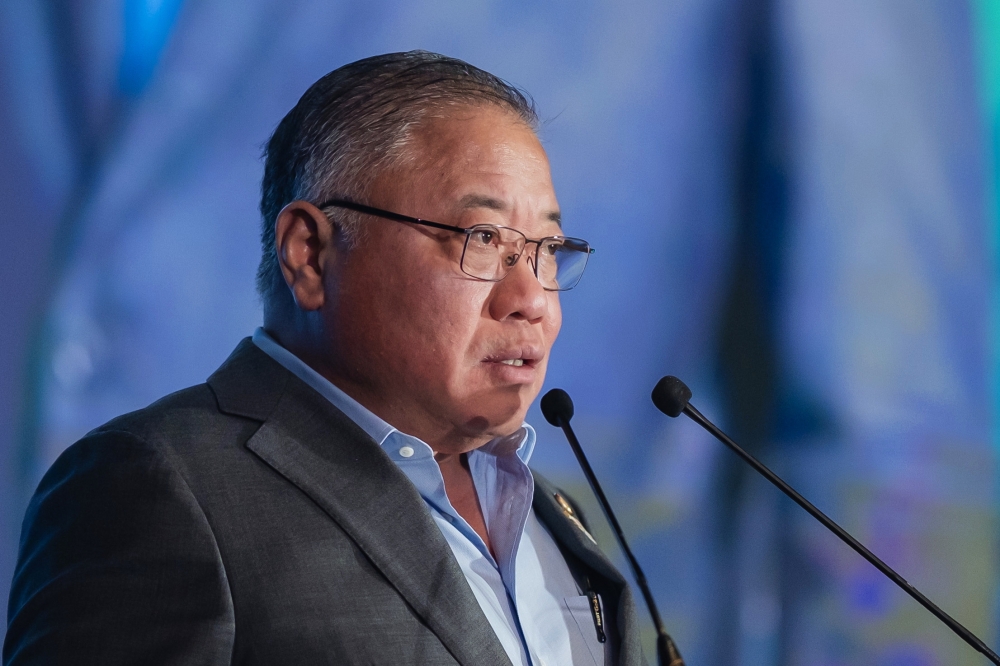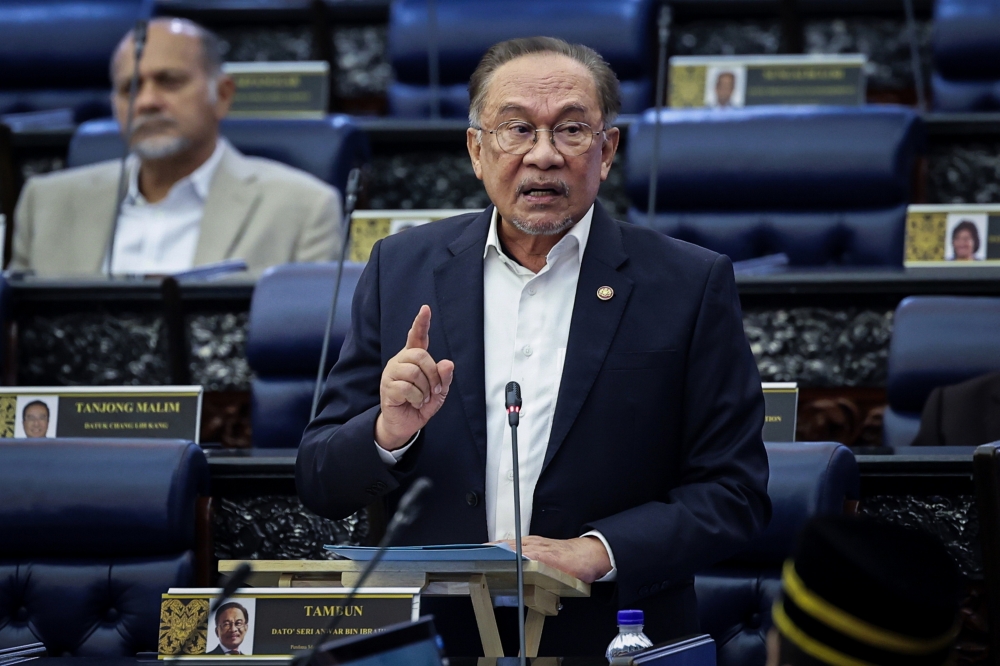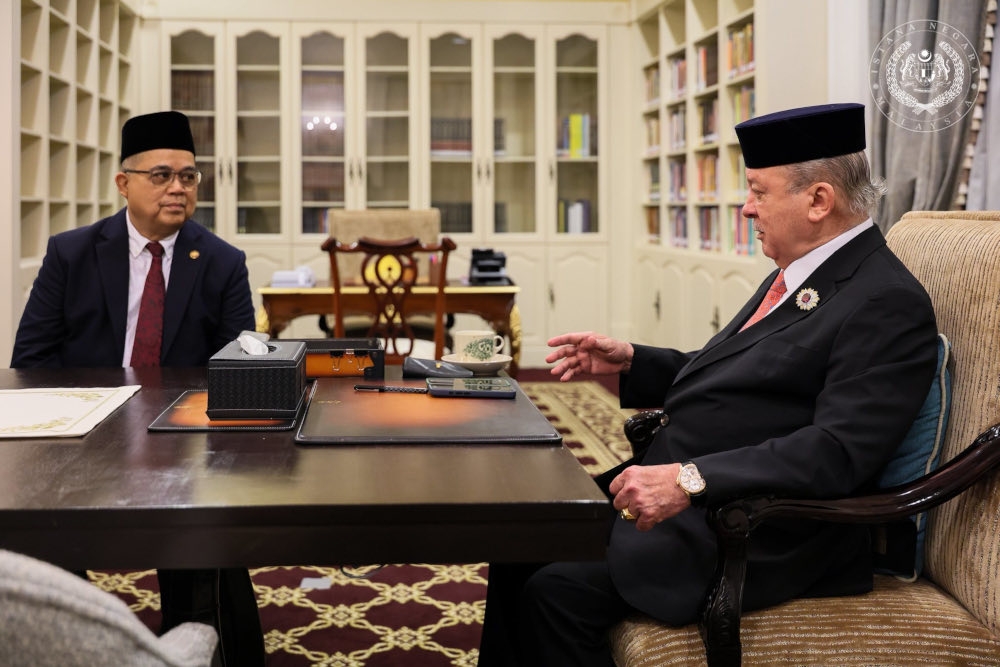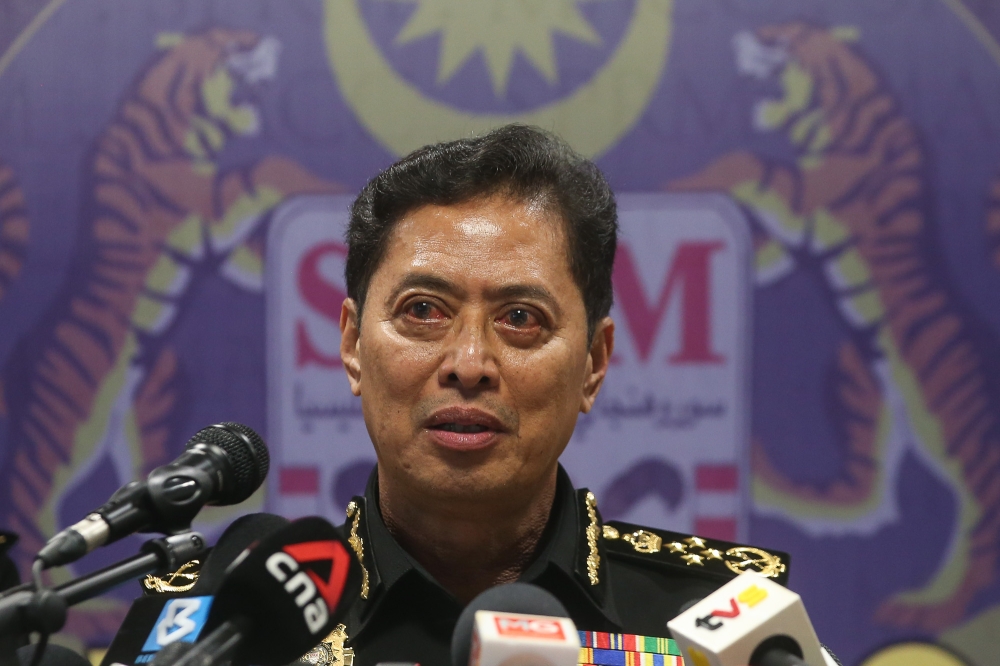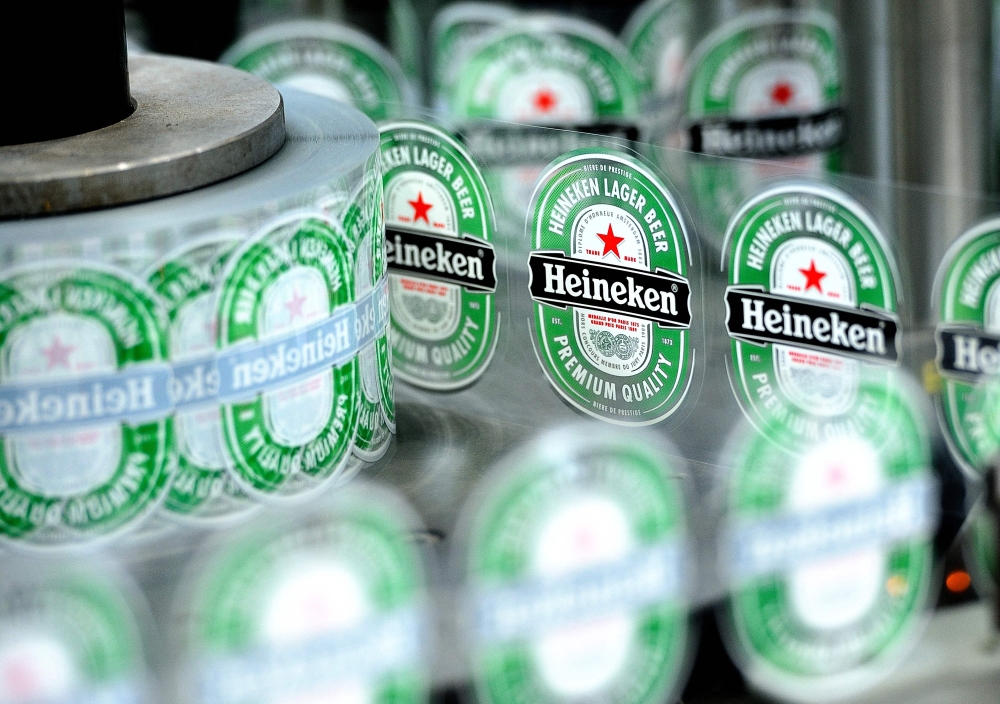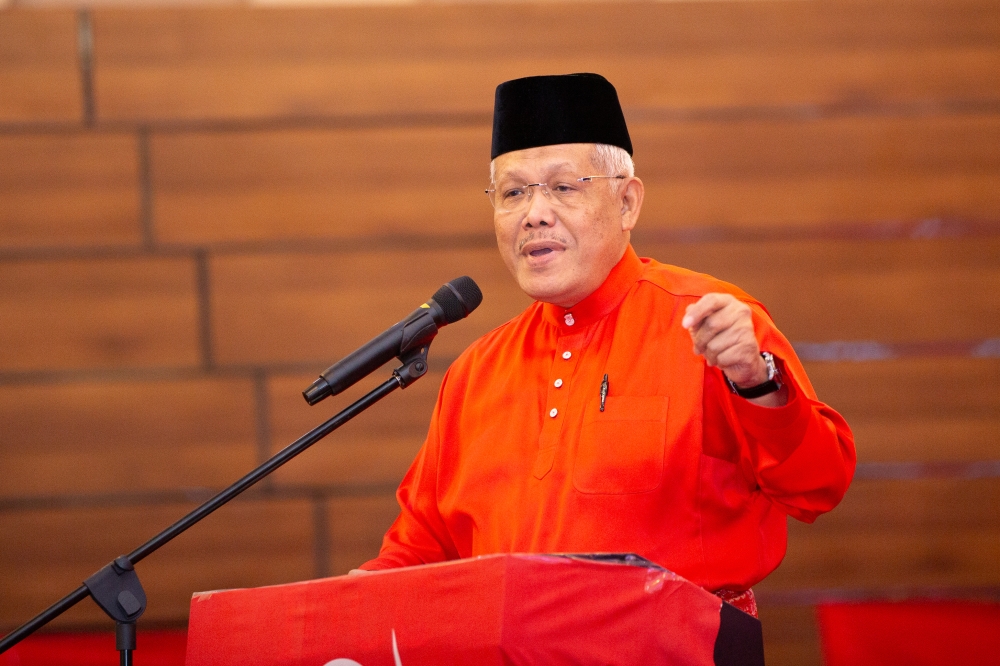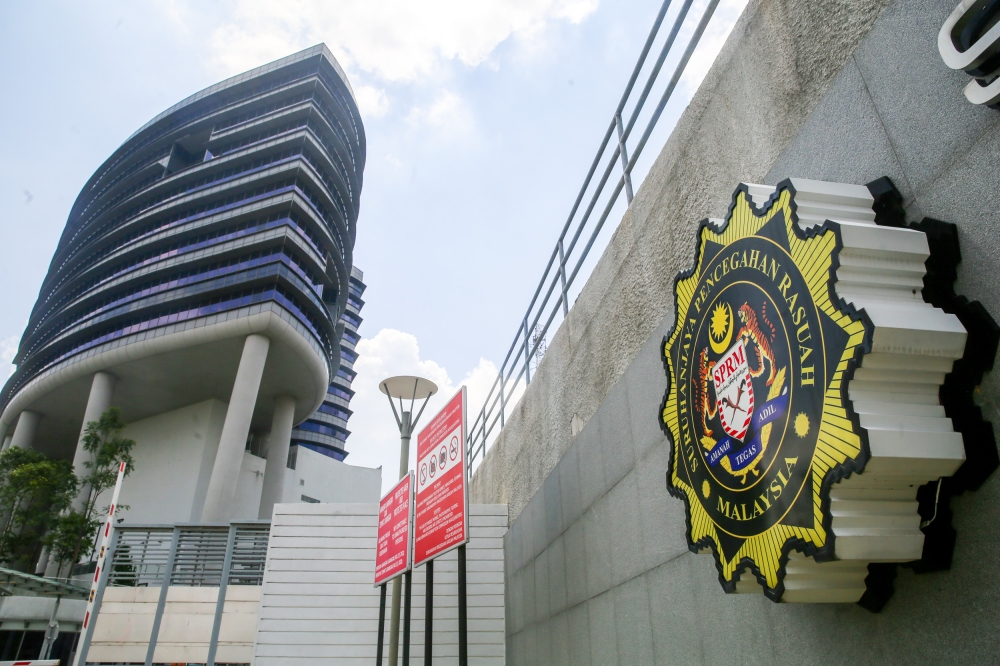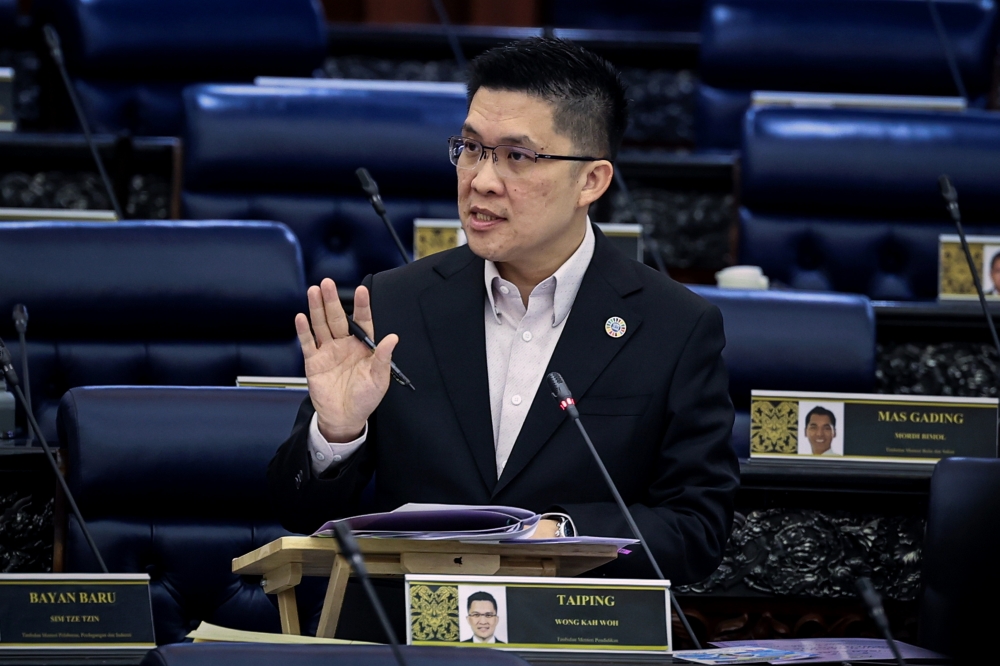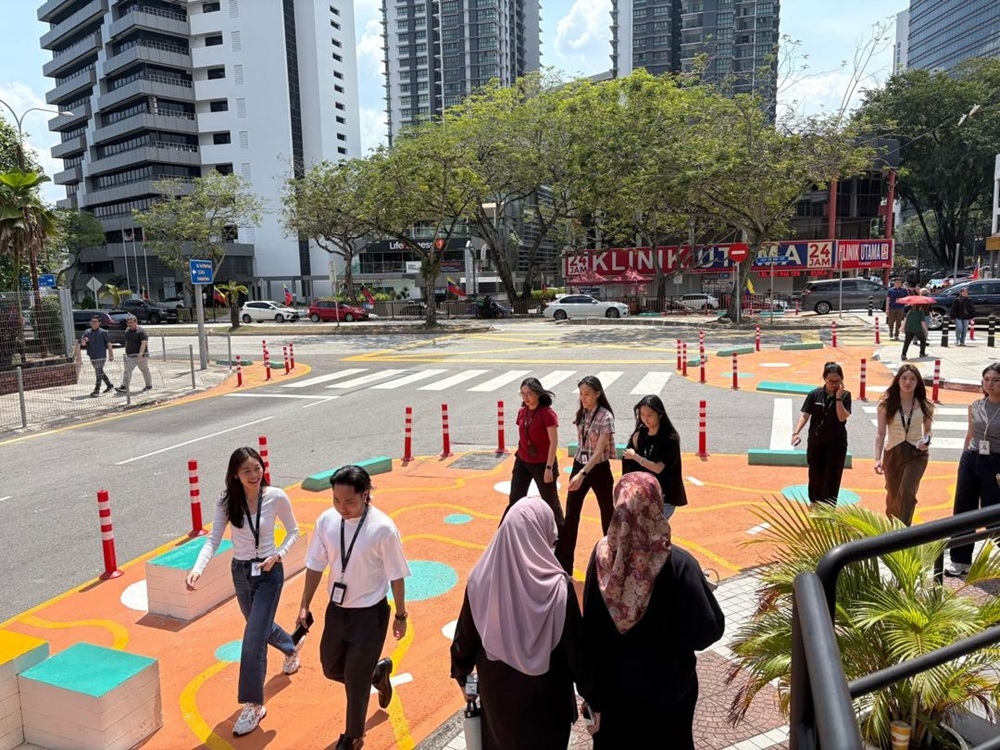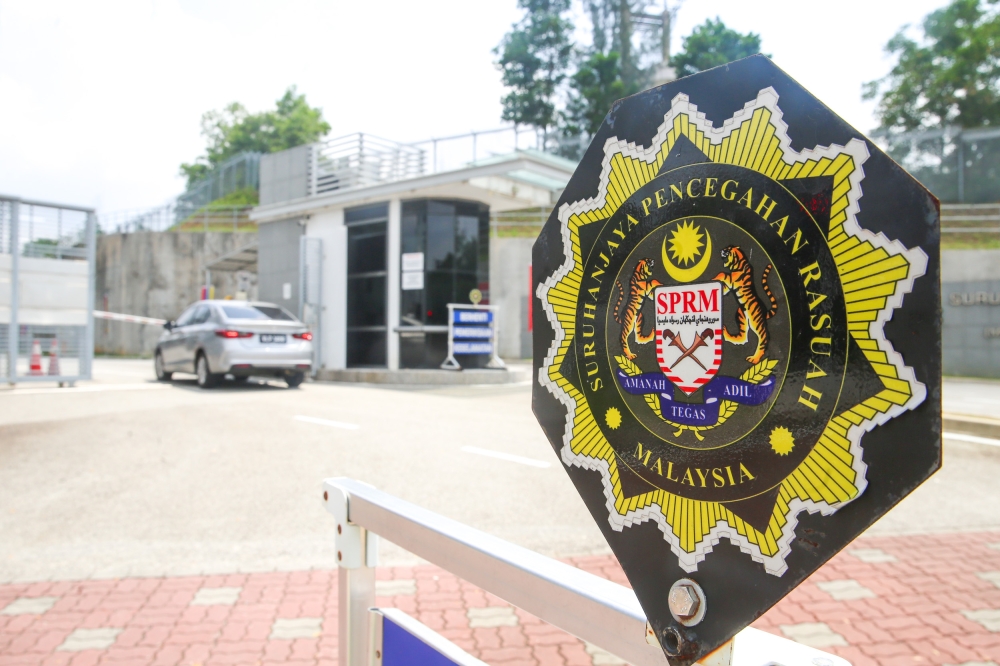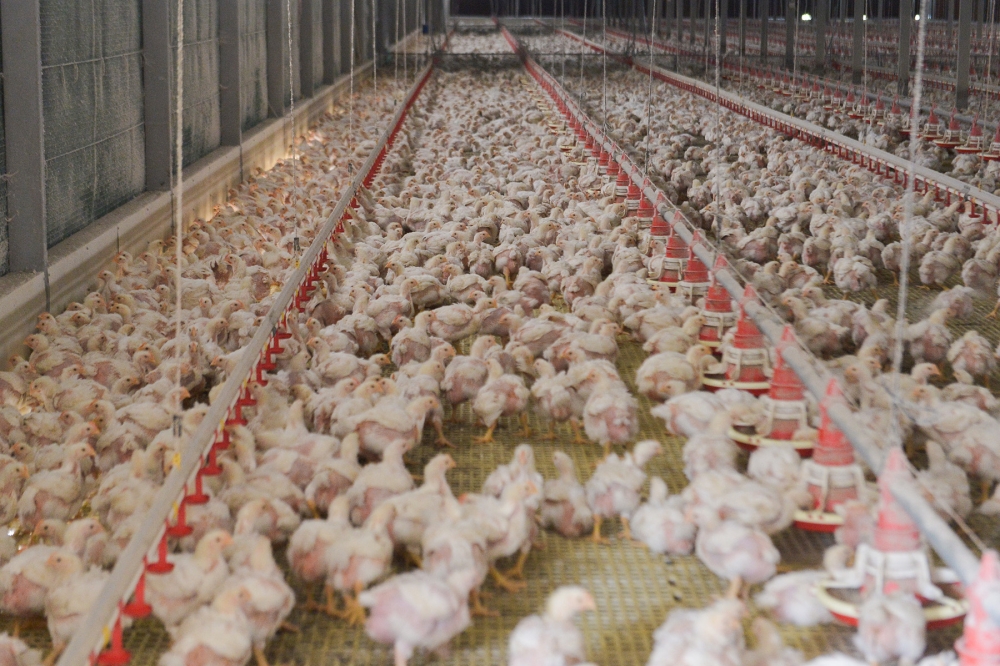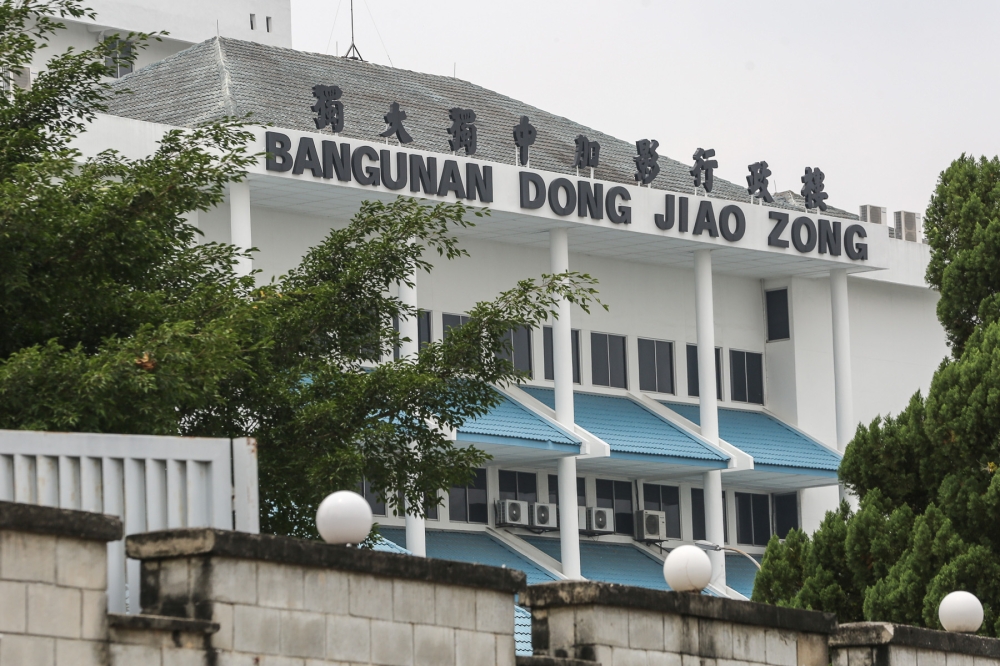GEORGE TOWN, Nov 5 — The controversial Penang South Reclamation (PSR) will not begin until the state has complied with the 72 conditions set by the Department of Environment (DoE), Penang Chief Minister Chow Kon Yeow (PH-Padang Kota) said today.
“We will not start the reclamation as long as we do not comply with the 72 conditions so we still have room to comply with the conditions,” he said in response to Datuk Muhamad Yusoff Mohd Noor (BN-Sungai Dua) who asked if there was still time to review the project.
Chow stressed that the state will not start any project without obtaining the required approval.
“From the project conceptualisation to the appointment of the project delivery partner to the application for approval, we have kept to our word not to start the project until we get the necessary approvals and now that we have obtained approval with 72 conditions, we will make sure we meet all these conditions,” he said.
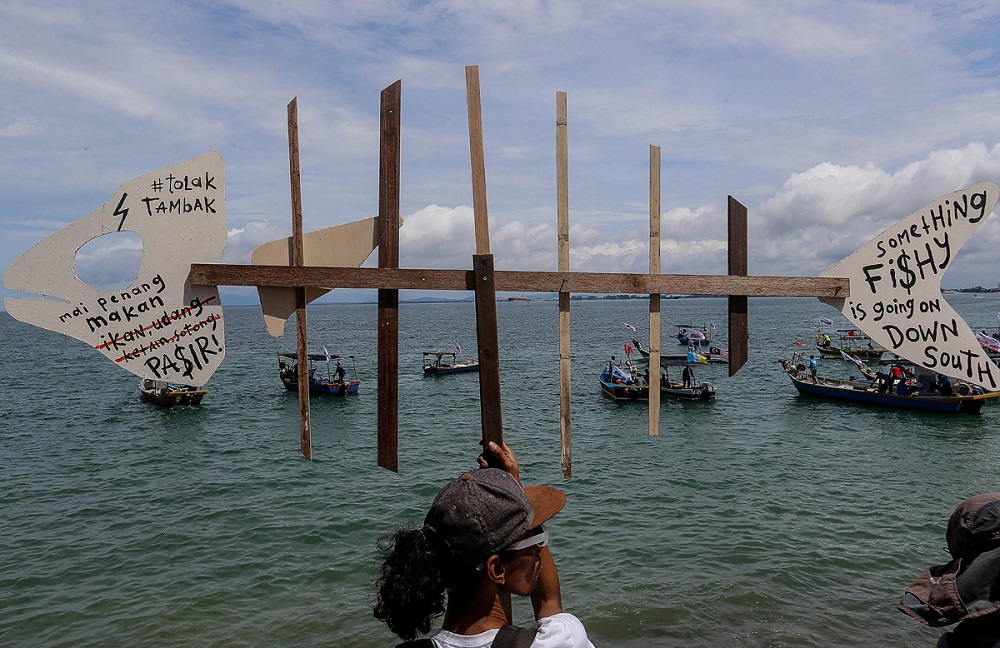
When Yusoff asked about the monitoring mechanism to ensure the 72 conditions are met, Chow said the DoE will be in charge.
“As for the suggestion that we publicise the stages of meeting the conditions, we can do it like how we announce the number of election promises we have fulfilled out of the 68 promises during the legislative assembly sitting,” he said.
He said the state could use the same method to report the conditions already met for the project during each legislative assembly sitting.
“We will do this so that we can all monitor the progress of the project and our compliance of the 72 conditions along with the 18 conditions by the National Physical Planning Council (NPPC),” he said.

The PSR to create three man-made islands off the southern coast of Penang island was given the green light by the NPPC with 18 conditions.
The project obtained conditional approval from DoE on June 25.
Chow said there are pros and cons to any project and pointed to the temporary use of Dewan Sri Pinang for the state legislative assembly as an example.
“The pros of using this space was there are larger spaces and more toilets but the con is that others will not be able to use this hall during this sitting,” he said.
He said the state looked at the pros in planning the PSR for the sake of the future development of the state for the next 50 years.

He said the reclaimed islands will provide the continuity needed for the manufacturing industry in the state.
As for the effect on fishermen, Chow said there were solutions provided by the consultant and that the necessary studies were also conducted such as the social impact assessment, fisheries impact assessment and marine-based impact assessment.
The PSR is the funding module for the state’s RM46 billion Penang Transport Master Plan (PTMP).
It will cost the project delivery partner, SRS Consortium, about RM11 billion to reclaim the three islands and create a total 4,500 acre of land.
The state plans to sell the reclaimed land to raise funds for the PTMP that includes a Light Rail Transit (LRT) and the controversial Pan Island Link 1 (PIL1) highway.
PIL1 is a 19.5km highway that is estimated to cost RM7.5 billion while the LRT, to cover 29.5km, is estimated to cost RM8.4 billion.

